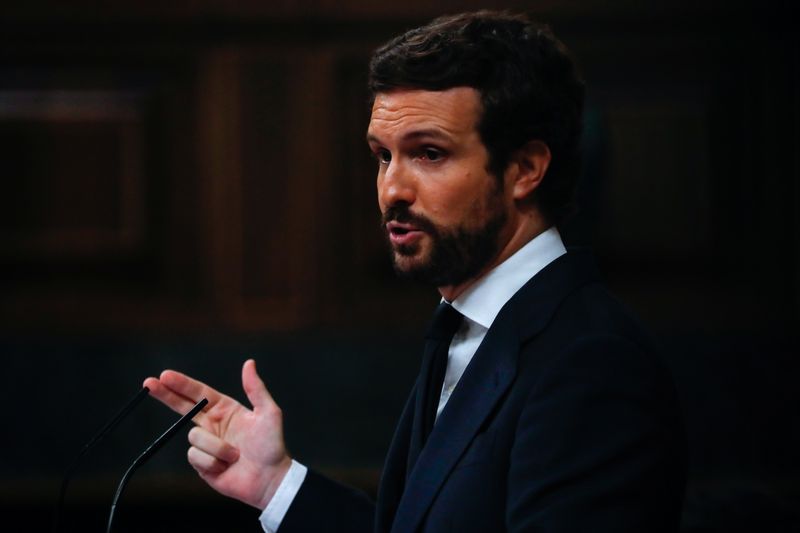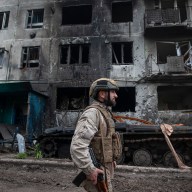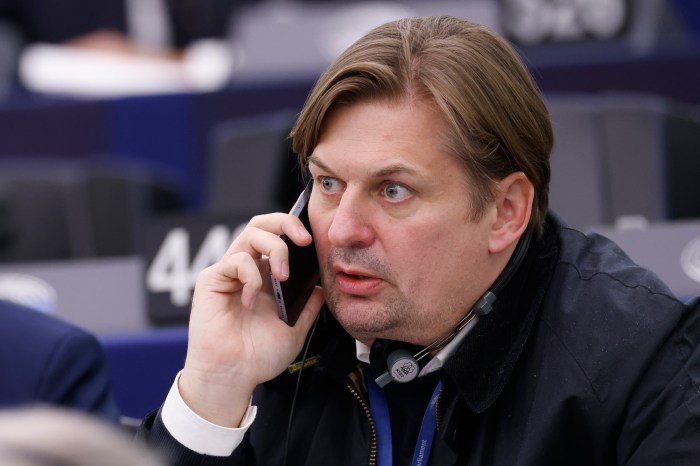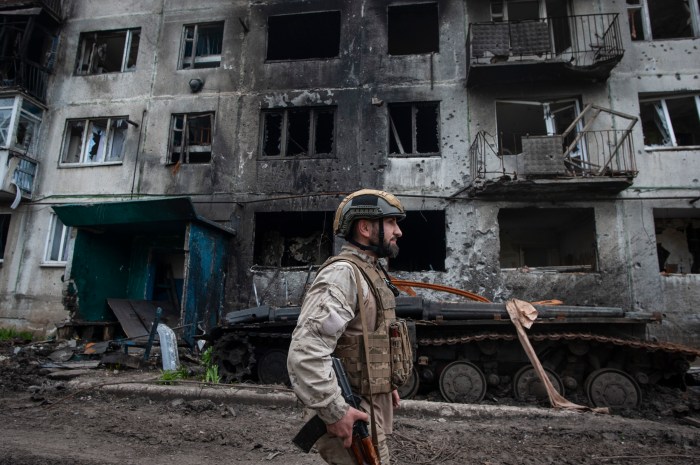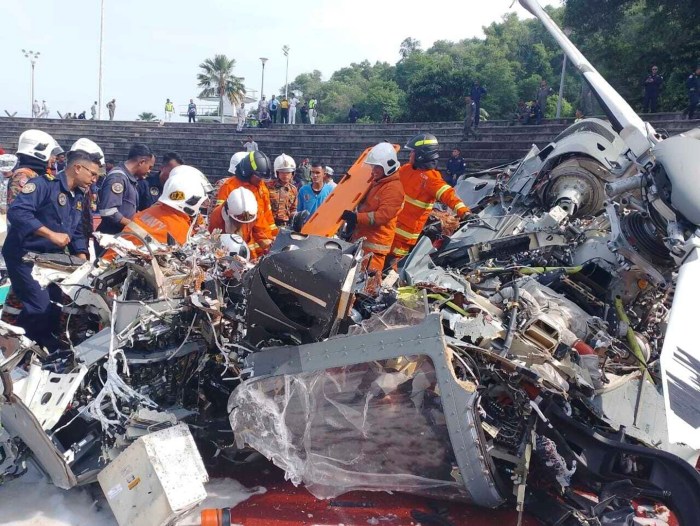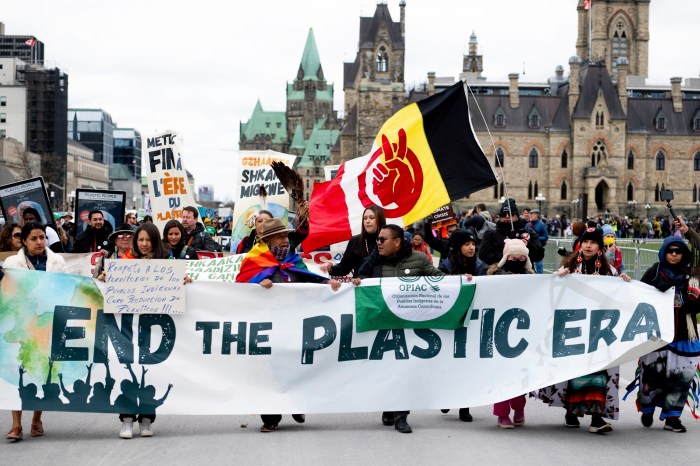MADRID (Reuters) – Spain’s main ruling Socialist party demanded explanations on Monday from the leader of the conservative People’s Party after Pablo Casado attended a religious service for the late dictator Francisco Franco, whose legacy still divides Spain.
“We consider this an aggression, an absolute irresponsibility,” Hector Gomez, spokesman for the Socialist bench in Congress, told reporters.
“We demand an explanantion…whether the leader of the opposition, the leader of People’s Party is endorsing Francisco Franco’s dictatorship,” he said.
Casado’s party said he had been unaware that the mass in the southern city of Granada, which he attended on Saturday with his family, was one of several services held across Spain to commemorate the 46th anniversary of Franco’s death.
“It was not a mass for Franco, it was a normal mass, and we discovered the following day,” a spokesman said, declining further comment.
According to a party source, Casado simply walked into a church next to his hotel because he knew he would not be able to go to a mass the following day due to his tight schedule.
The Francisco Franco Foundation thanked him for his presence there but said he had not been invited and could not be held responsible.
Pablo Echenique of the leftist Unidas Podemos party said he doubted the incident was a coincidence:
“Yes it can be bad luck, but on Nov. 20 there were 10 masses for Franco in all of Spain and there are 23,000 churches…the chance of attending one for Franco is 0.05%,” he said.
More than half a million people died during the 1936-39 civil war and an estimated 150,000 were killed later in repression by Franco’s government, historians estimate.
Last week, the Socialist-led leftist ruling coalition that has long pressed to eradicate Francoist symbols across Spain, sought to bring down long-standing legal barriers to investigating crimes committed during the civil war and the 1939-1975 dictatorship.
(Reporting by Belen Carreno and Andrei Khalip; Editing by Angus MacSwan)

